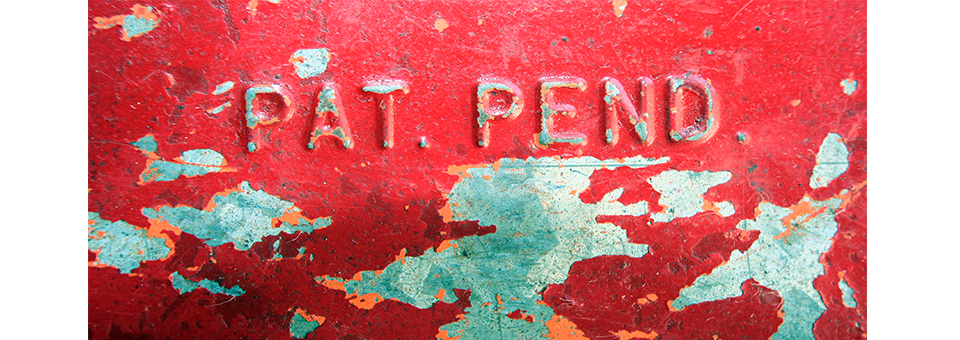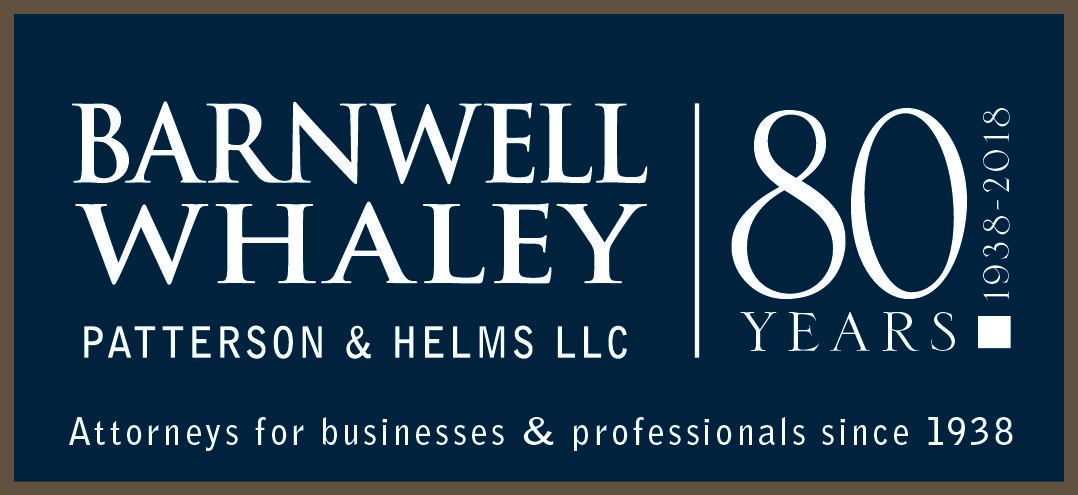
Arctic Cat Inc. v. Bombardier Recreational Products Inc., BRP U.S. Inc.
2019-1080 Fed. Cir. Before Circuit Judges Lourie, Moore, and Stoll.
The Court affirmed a judgment of the District Court that Arctic Cat is not entitled to recover pre- complaint damages from Bombardier due to the failure of Arctic Cat’s licensee to mark products in accordance with 35 U.S.C. §287. The issue presented was whether the cessation of sales of unmarked products excuses noncompliance with the notice requirement of §287, such that a patentee may recover damages for the period after sales of unmarked products ceased but before the filing of a suit for infringement. The Court held that it does not. A patentee who never makes or sells a patented article may recover damages, even without notice to an alleged infringer. If a patentee makes or sells a patented article and fails to mark it in accordance with §287, the patentee cannot collect damages until it provides notice or sues the alleged infringer. Damages accrue beginning with notification or suit. The patentee can provide notice by direct communication or by marking. A patentee’s licensees must also comply with §287. Arctic Cat had a license agreement expressly providing that its licensee Honda had no obligation to mark. While the date that Honda ceased making the patented products was in dispute, the Court found that that factual inquiry to be irrelevant to the analysis. Arctic Cat argued that, because §287 is written in the present tense, the statute only applies while a patentee is “making, offering for sale, or selling” its products. The Court responded that §287 provides that “in the event of failure so to mark, no damages shall be recovered by the patentee in any action for infringement, except on proof that the infringer was notified of the infringement and continued to infringe thereafter.” The Court went on to state that the notification requirement of §287 serves three purposes:
- “helping to avoid innocent infringement;
- encouraging patentees to give public notice that the article is patented; and
- aiding the public to identify whether an article is patented.”
“in the event of failure so to mark, no damages shall be recovered by the patentee in any action for infringement, except on proof that the infringer was notified of the infringement and continued to infringe thereafter.”
Appellant argued that willfulness, which the jury found, is a substitute for marking. The Court rejected that argument, stating that ”willfulness, as an indication that an infringer knew of a patent and of its infringement, does not serve as actual notice as contemplated by § 287. While willfulness turns on the knowledge of an infringer, § 287 is directed to the conduct of the patentee.”
photo: istock
Read more: Federal Bar member attorneys may access the full case summary by Barnwell Whaley attorney Bill Killough in the March issue of Federal Circuit Case Digest Additionally, you may read the full opinion here.

B.C. “Bill” Killough is a registered patent attorney with Barnwell Whaley law firm with offices in Charleston, SC and Wilmington, NC. On behalf of his clients, Bill has obtained more than 300 United States patents, participated in prosecuting more than 100 foreign patent applications and he has filed more than 1000 trademark applications with the US Patent and Trademark Offices.




